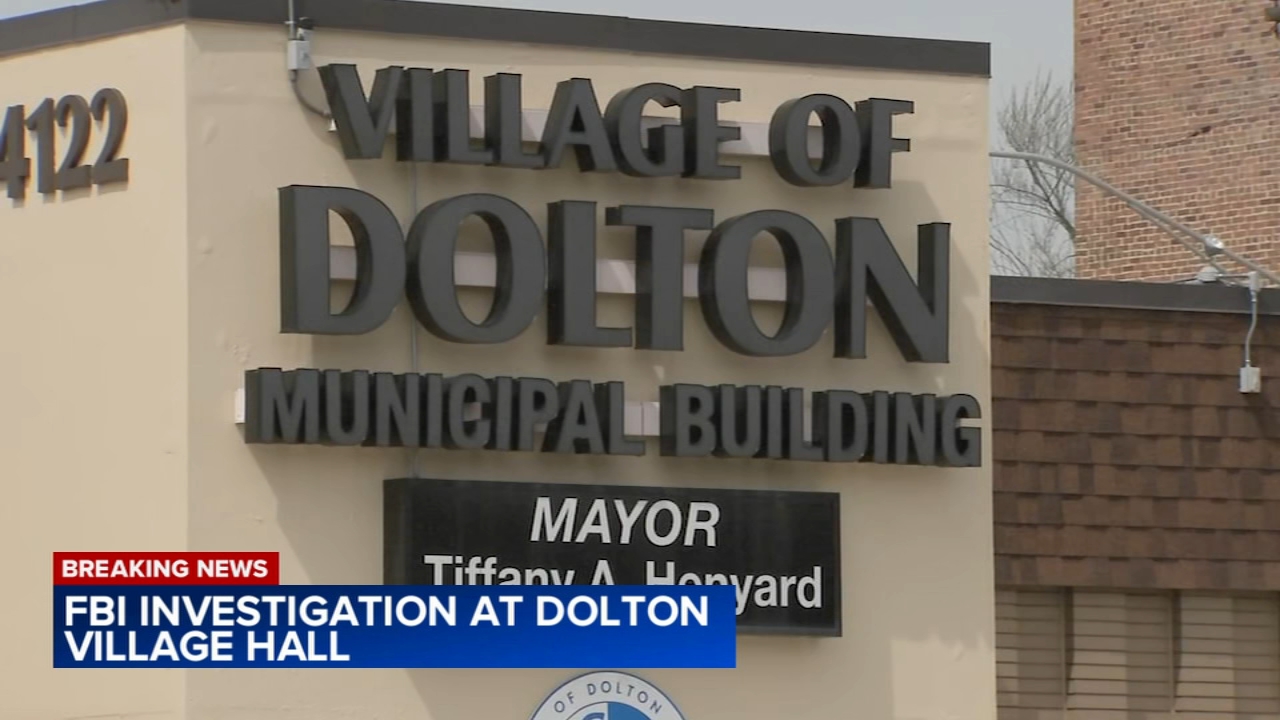A gem on the West side offers free outpatient treatment

CHICAGO (WLS) -- On the west side of Chicago there's a hidden gem between Sacramento Boulevard and Lake Street called Above and Beyond Family Recovery Center. It's the only free outpatient addiction treatment center in Chicago.
"When I first came here I was just like what is this place going to be like. Is it going to be different from any of the other treatments that I had been to," said Michael McLaurin, a patient turned mentor at Above and Beyond.
Like many who walk through the doors, McLaurin battled with addiction since his teens. Crack cocaine became his drug of choice, one that he couldn't shake until just two short years ago.
"Most times when I went to treatment or anything like that it was like brick and mortar and steel but when I came here I mean it was very bright very colorful and they have art everywhere then they have the different groups too," shared McLaurin.
Above and Beyond offers a mix of abstinence and harm reduction models in substance abuse treatment along with treatment program options.
"You might go to one treatment center and get 12 steps, you might go to another one and get smart recovery. Here we have 5 different programs under one roof and we have a 27 different process groups that we offer," said Dan Hostetler, executive director of the program.
Hostetler said the patients' personalities and medical histories are used to determine the best treatment. Hostetler has been with the program since its beginning in 2016. That's when founder Bryan Cressey, a successful businessman, decided to offer an alternative treatment center.
"My dream and vision was let's go improve treatment and to provide it to those most in need who get nothing now," said Cressey.
Above and Beyond welcomes those who are homeless, people who have been incarcerated, and those with or without health insurance. A free plant-based hot lunch is also provided. It is funded through private donations and Medicaid.
The program has a 26 percent success rate-and many of their patients come back to work for the program. They even become mentors, like McLaurin, who also works as the custodian. McLaurin is 16 months sober.
On the first Wednesday of every month, the center holds a graduation ceremony for patients who have come a long way. There are hug, tears, pictures, speeches, and of course diplomas.
In the back, the graduates await an embrace from their mentors, people who were once in their shoes.




